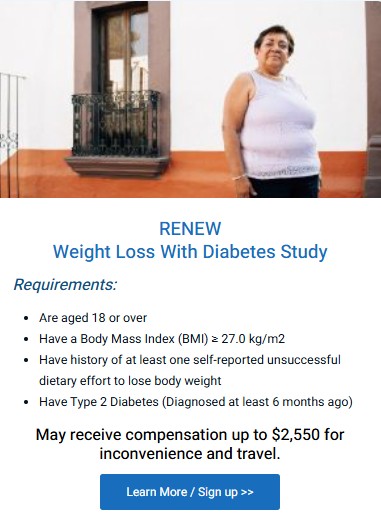
The Top Sleep Apnea Myths, Debunked
Sleep apnea is a common condition that affects millions of people worldwide. Despite its prevalence, there are still many myths and misconceptions surrounding sleep apnea. In this article, we will debunk the top sleep apnea myths and provide accurate information to help you better understand this condition.
Myth 1: Only Overweight People Can Develop Sleep Apnea
Contrary to popular belief, sleep apnea can affect anyone, regardless of their weight. While it’s true that excess weight can increase the risk of developing sleep apnea, many thin people also suffer from the condition. In fact, some people with sleep apnea may be of a healthy weight or even underweight.
Myth 2: Snoring is Harmless
Many people believe that snoring is a harmless annoyance, but it can actually be a sign of a more serious condition such as sleep apnea. Snoring occurs when the airway is partially blocked, causing the tissues in the throat to vibrate. If the airway becomes completely blocked, it can lead to a dangerous condition known as sleep apnea.
Myth 3: Sleep Apnea Only Affects Older Adults
While sleep apnea is more common in older adults, it can affect people of all ages, including children. In fact, some infants may be born with sleep apnea. Sleep apnea can occur at any age and can have serious consequences if left untreated.
Myth 4: Sleep Apnea Is Just Loud Snoring
Sleep apnea is much more than just loud snoring. It is a serious condition that causes a person to stop breathing repeatedly throughout the night. These breathing pauses can last anywhere from a few seconds to a few minutes and can occur hundreds of times each night.
Myth 5: Sleep Apnea Is a Rare Condition
Sleep apnea is actually a very common condition. It is estimated that over 22 million Americans suffer from sleep apnea, and many more may have the condition but have not been diagnosed. Sleep apnea can have serious health consequences if left untreated, so it’s important to seek medical attention if you suspect that you or a loved one may have the condition.
Myth 6: Sleep Apnea Can Be Cured with Surgery
While surgery may be an option for some people with sleep apnea, it is not a cure. Surgery can help to open up the airway and reduce the severity of the condition, but it is not a guaranteed solution. In many cases, a combination of lifestyle changes and treatments such as continuous positive airway pressure (CPAP) therapy may be necessary to effectively manage sleep apnea.
Myth 7: CPAP Therapy Is Uncomfortable and Inconvenient
Many people are hesitant to try CPAP therapy because they believe it is uncomfortable or inconvenient. While it may take some time to get used to wearing a CPAP mask, many people find that it significantly improves their quality of sleep and overall health. There are also many different types of CPAP masks and machines available, so it’s important to work with your healthcare provider to find the right solution for you.
Conclusion
Sleep apnea is a serious condition that can have serious health consequences if left untreated. By debunking these common myths and providing accurate information, we hope to raise awareness about this condition and encourage more people to seek treatment. If you or a loved one is experiencing symptoms of sleep apnea, don’t hesitate to speak with a healthcare professional. Visit our current studies to see when a sleep apnea study is available.
Related Posts
Subscribe to Hear About New Trials First
Subscribe to Hear About New Trials First
Subscribe to our newsletter by adding your email and keep up to date with the new studies we are offering as well as study results and more.








